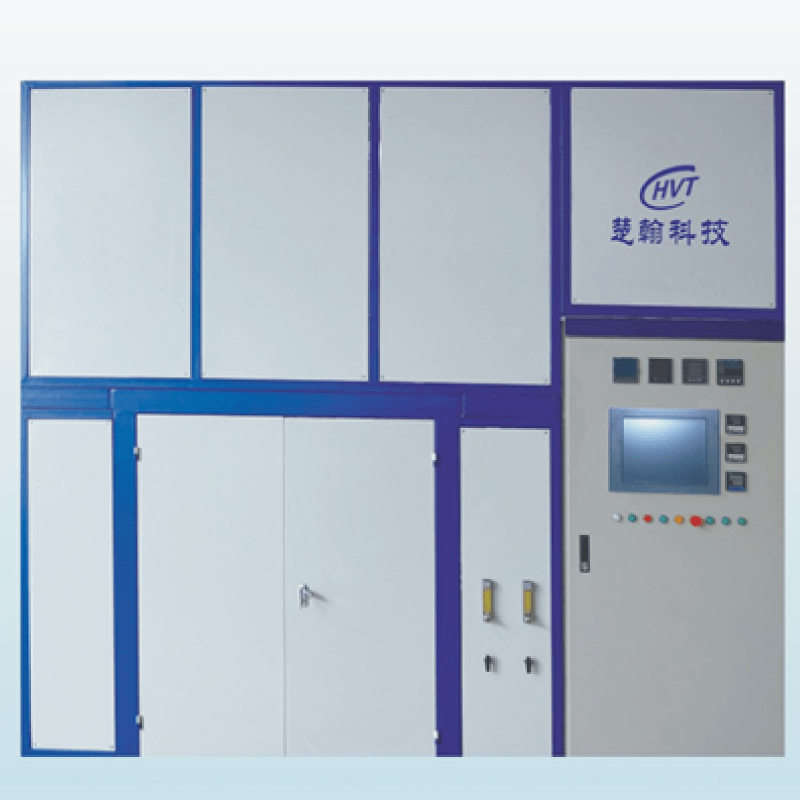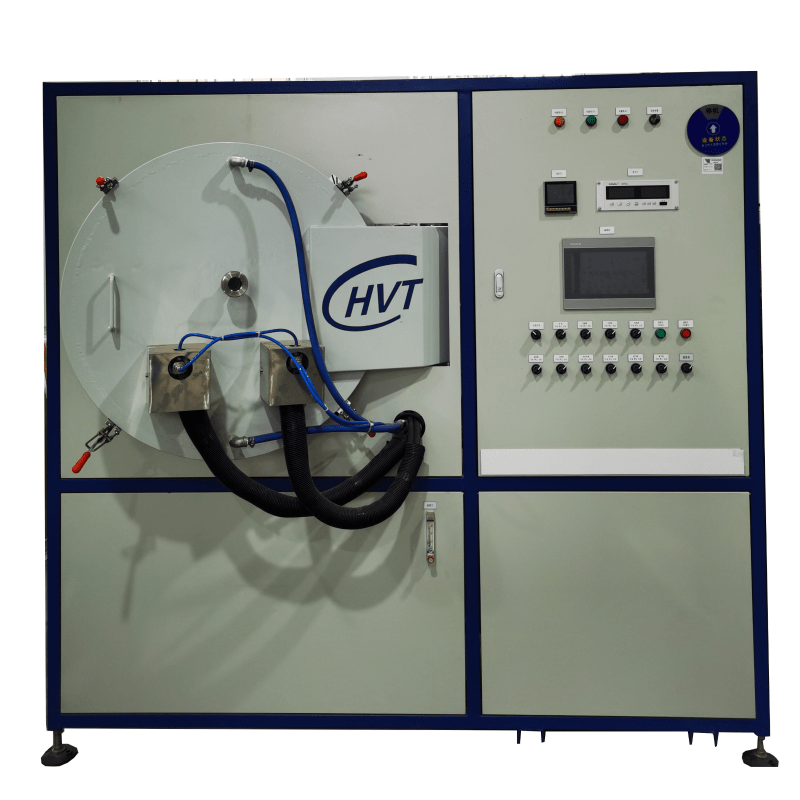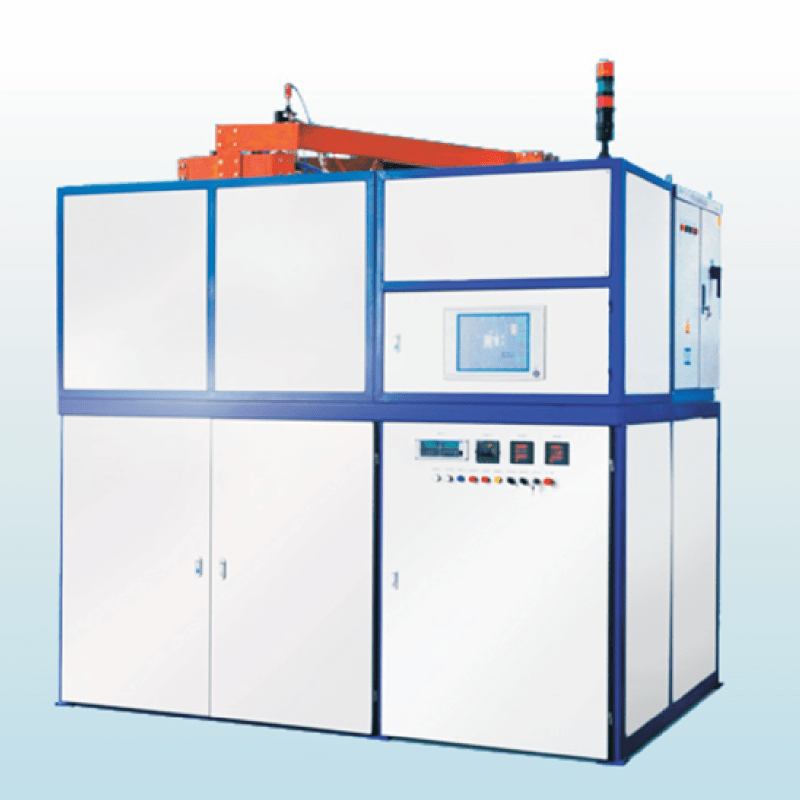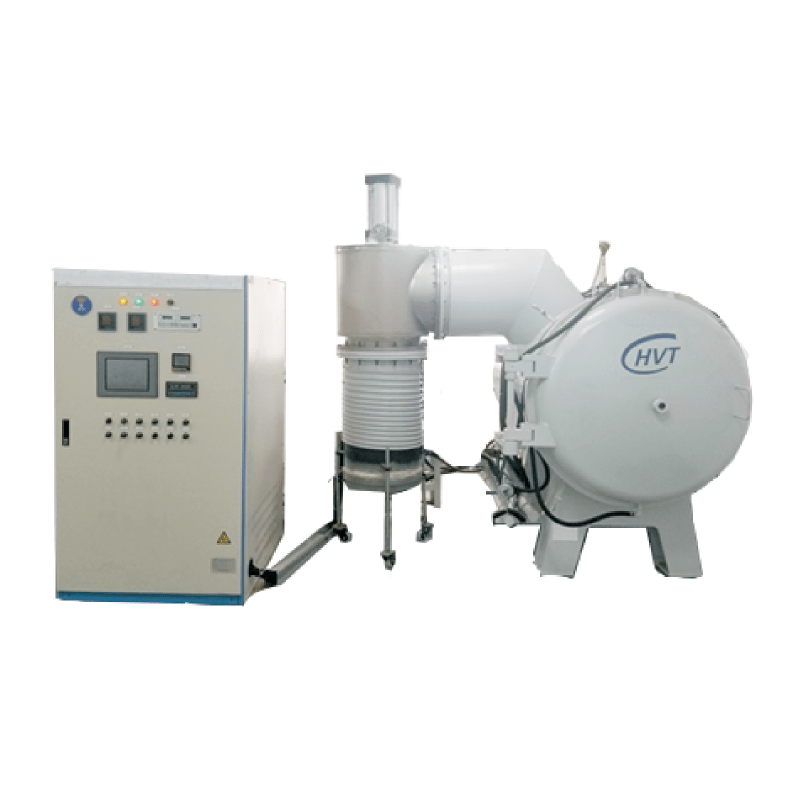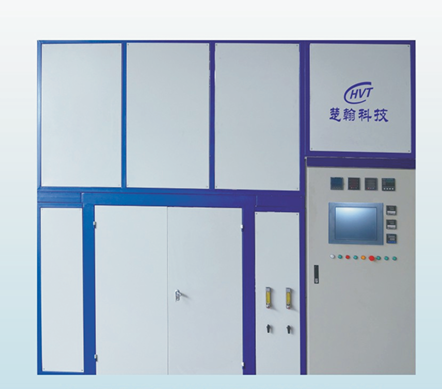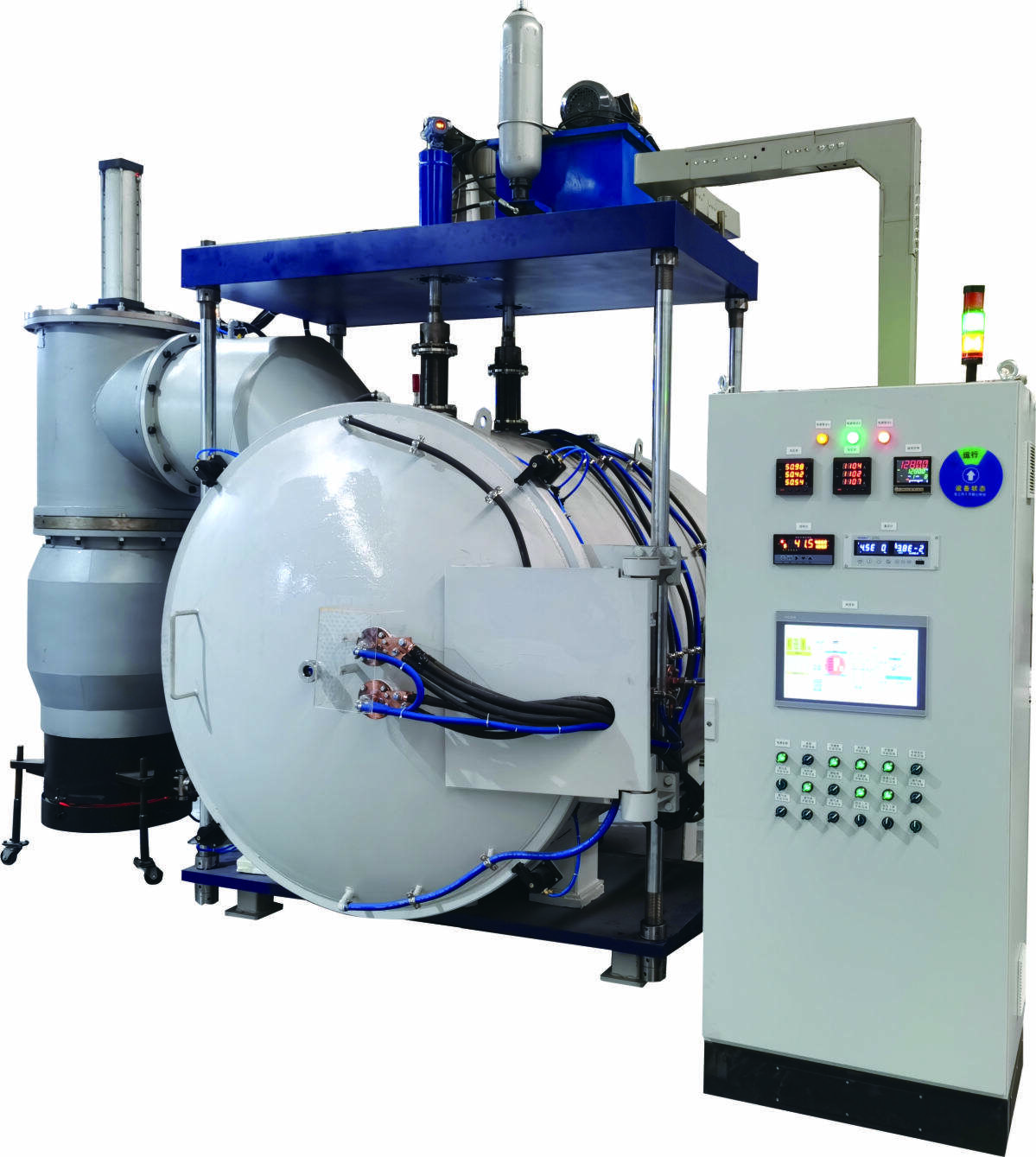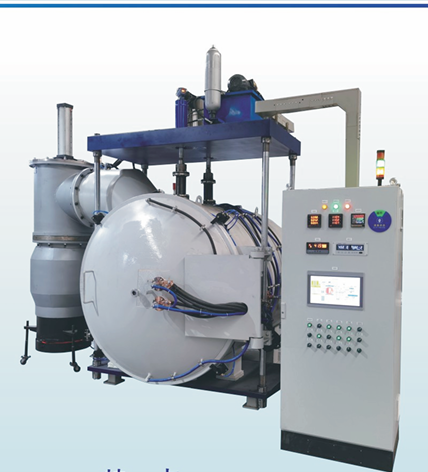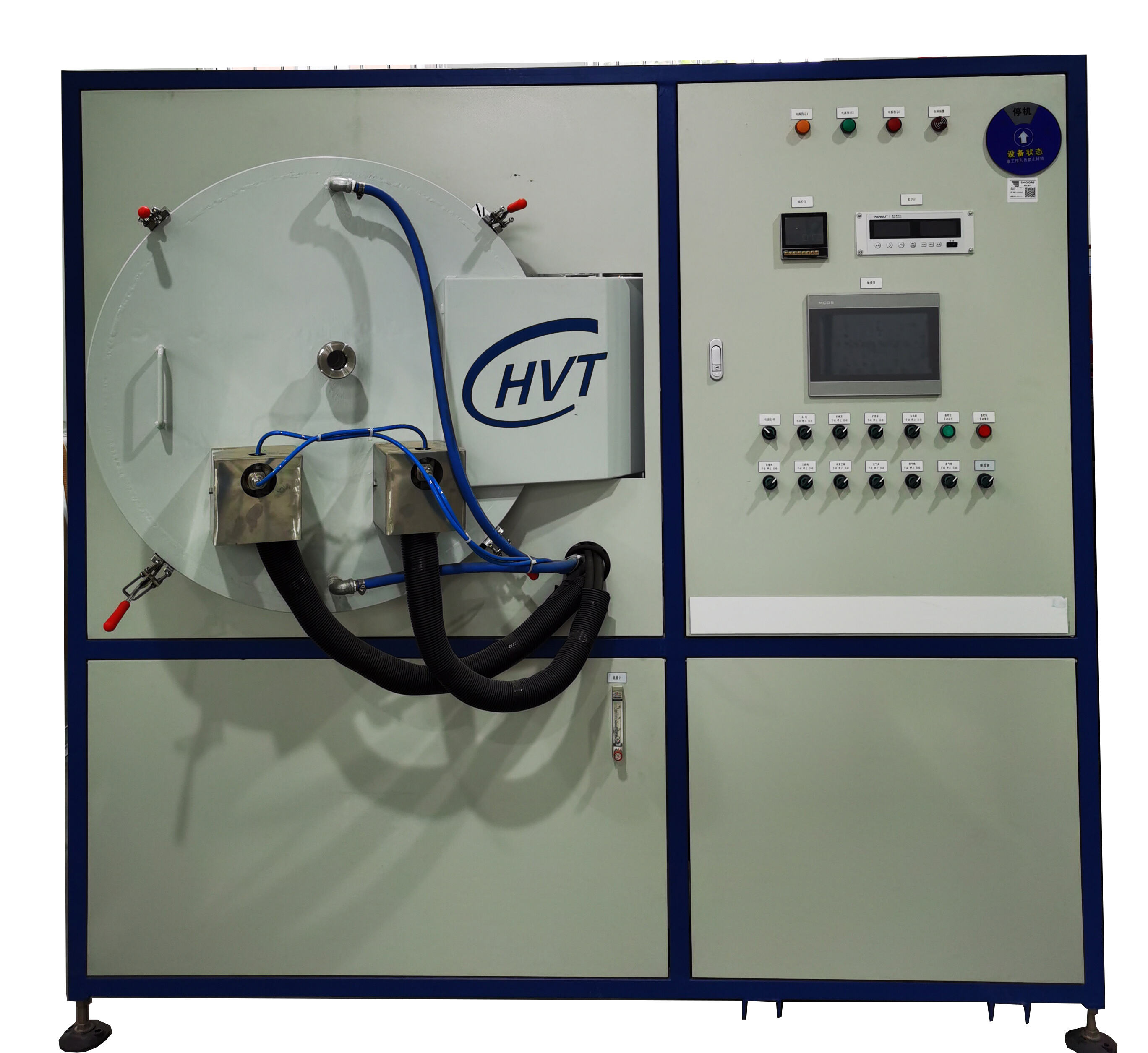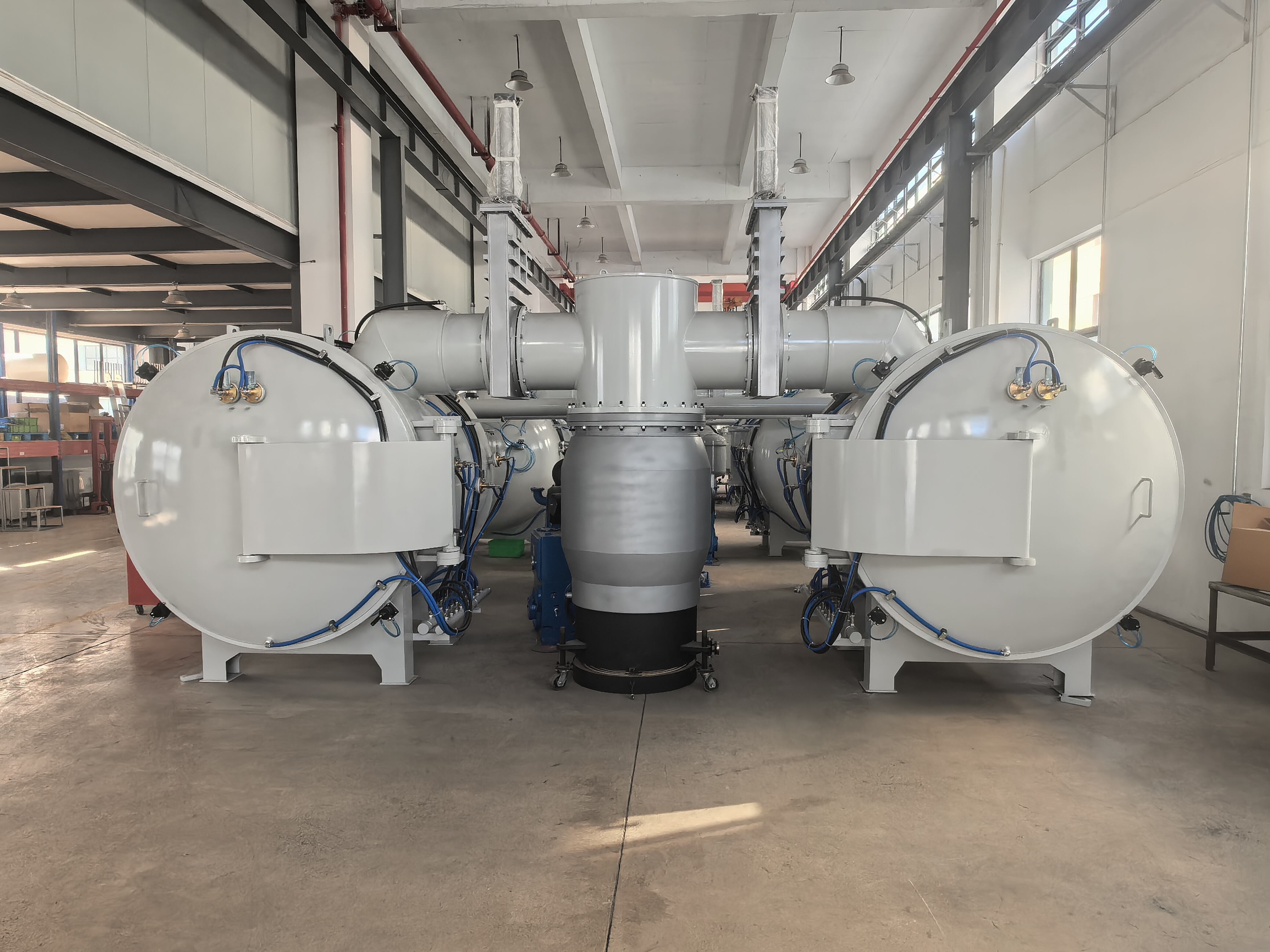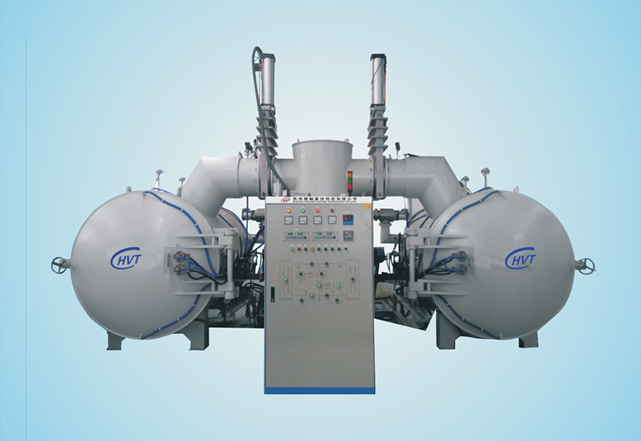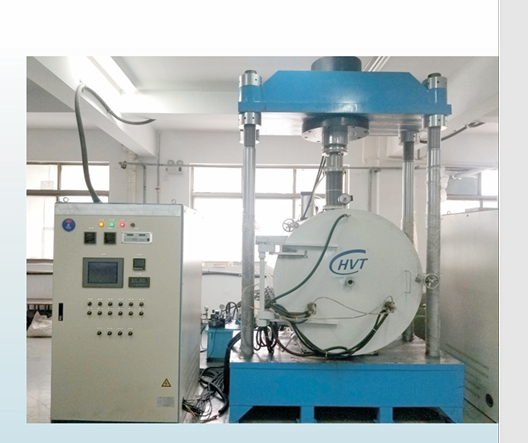industrial induction furnace
The industrial induction furnace represents a cutting-edge heating solution that utilizes electromagnetic induction to melt and process metals. This advanced system operates by generating a strong magnetic field through electrical currents flowing through copper coils, which induces eddy currents within the metal charge, resulting in rapid and efficient heating. The furnace's design incorporates sophisticated power control systems, water cooling mechanisms, and precise temperature monitoring equipment to ensure optimal performance. These furnaces are capable of reaching extremely high temperatures quickly while maintaining precise temperature control throughout the melting process. The technology finds extensive application across various industries, including foundries, steel mills, and metal recycling facilities. Industrial induction furnaces are particularly valued for their ability to process different types of metals, from ferrous materials like steel and iron to non-ferrous metals such as aluminum, copper, and brass. The system's modular design allows for various capacity options, ranging from small-scale operations to large industrial installations capable of handling several tons of material per heat cycle.

